
Stelarc: The Body and the Artist
World renowned artist Stelarc recently returned to the University of Warwick, 16 years after appearing at Virtual Futures 1995. In his talk he discussed his experiences past, present and future including his current ‘Ear On Arm’ project. What is Stelarc’s motivation? How does he deal with pain? What does he intend to do next?
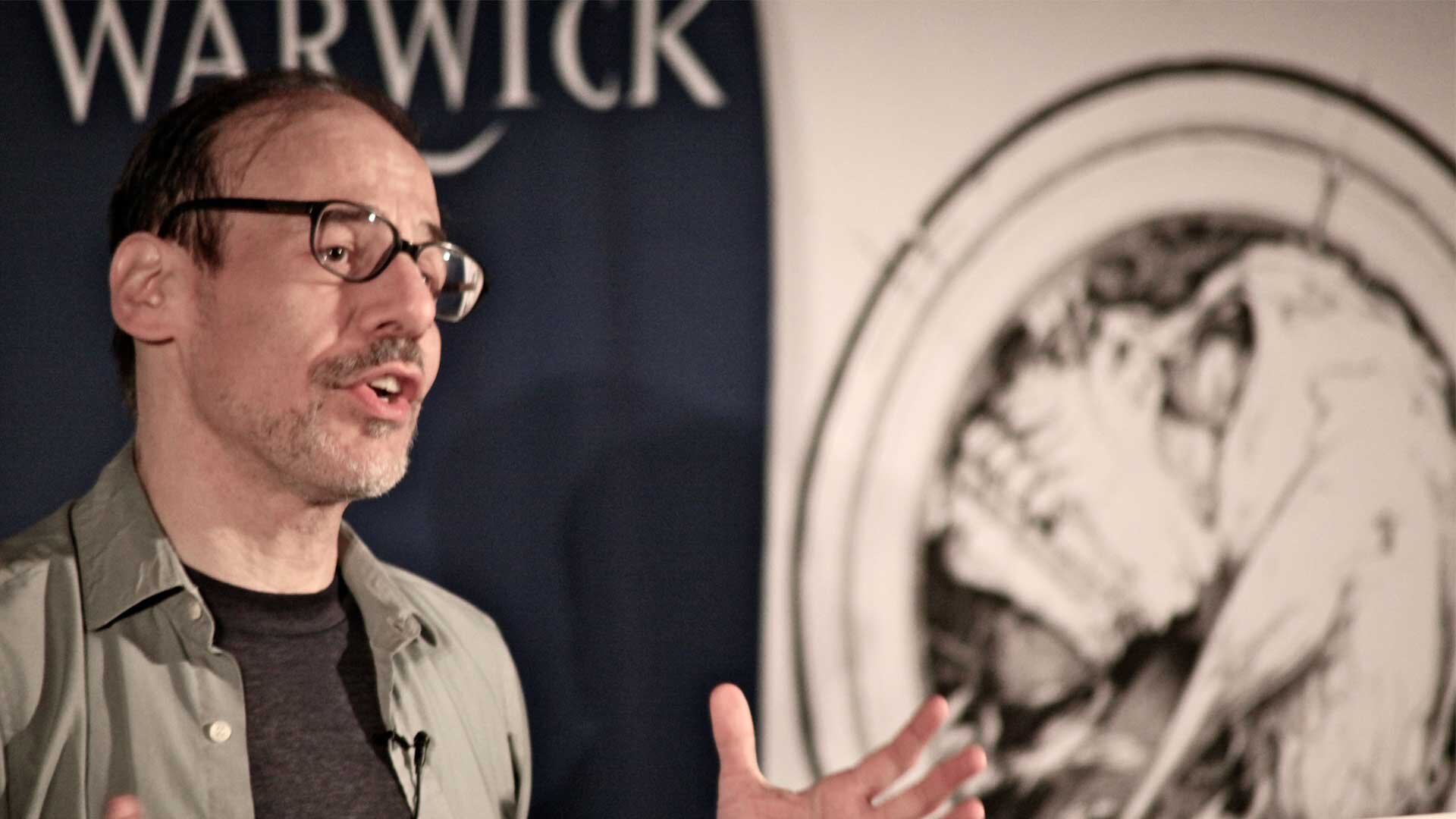
Who will recognise Humanity 2.0 – And will it recognise us?
Steve Fuller, Professor of Sociology at the University of Warwick recently spoke at Virtual Futures 2.0’11. Within his talk he discussed the ideas of transhumanism and posthumanism. He reflects on the past and explains the potential directions in which humanity may move. How will we move forward in our evolution at a time of ever improving technology?
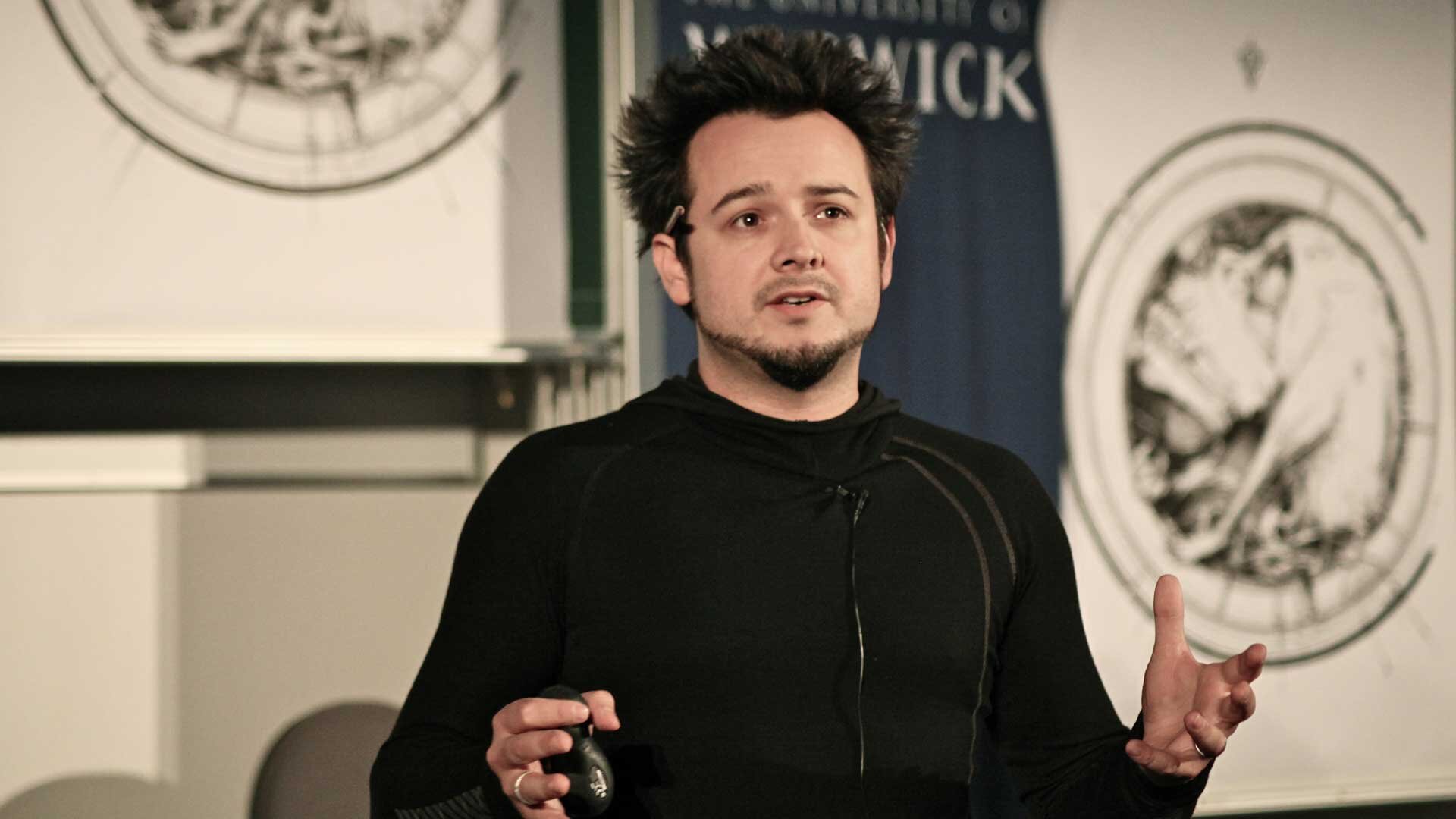
There’s Nothing Virtual About the Future
Professor Andy Miah, Chair of Ethics and Emerging Technologies in the Faculty of Business and Creative Industries at the University of the West of Scotland, spoke recently at Virtual Futures 2011. Prof Miah worries that we are becoming too immersed in technology, adversely affecting our life outside it, but also believes the idea is that everyone is ‘obsessed’ with technology is false. Is the future virtual? Prof Miah shares his thoughts.

What Happened to Our Future?
With themes of virtual reality and technological development being key to her science fiction writing, Pat Cadigan is all too familiar with our reliance on technology and our fear of missing out on the next big thing. Her talk at Virtual Futures took the form of a web browsing session, highlighting the changes that have occurred since the original conferences in the 90s.

How Living Technologies Could Reclaim Venice
Living technologies are sensitive to the environment around them, and could go some way to preventing the impact that some technology has on our environment. Here, Dr Rachel Armstrong, Senior TED fellow and speaker at Virtual Futures 2.0’11 explains more about her work in living technologies and its potential applications. Could further investigation and research in this area aid in protecting the Italian city of Venice from the elements?

Stelarc: An Alternate Evolutionary Structure
Billed as ‘the Glastonbury rock festival of cyberculture,’ the only mud to be found at the Virtual Futures 2.0 conference, which took place last week at Warwick University, was made on campus mainframes.

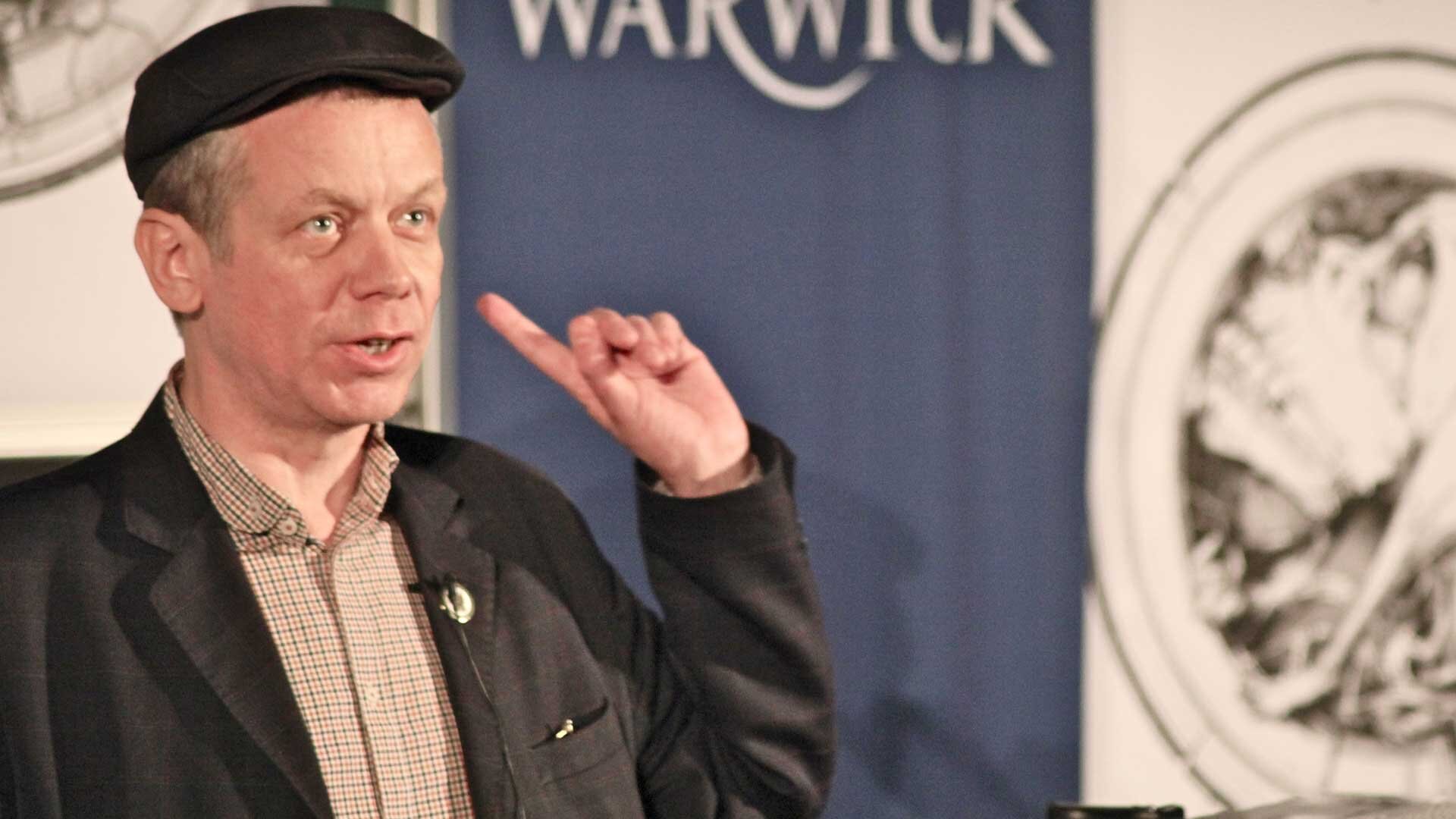
Imaginary Futures
Dr Richard Barbrook, senior lecturer in the Department of Politics and IR at the University of Westminster, recently visited Warwick to talk at Virtual Futures 2.0’11. Chris Baraniuk, recent graduate of English Language and Literature, attended the event. Here he reflects on Dr Barbrook’s talk and discusses some of the key ideas.

Virtual Spaces and Online Identities
Professor Sue Thomas, Research Professor of New Media at De Montfort University, recently spoke at Virtual Futures 2011. Prof Thomas’ talk centred around her experiences of virtual spaces, particularly LambdaMOO. Here, Prof Thomas reflects on her first experiences of the virtual space, and how her understanding and experiences have changed in the 16 years since she first attended Virtual Futures.

The Cyborg Experiments
Kevin Warwick, Professor of Cybernetics at the University of Reading, spoke recently at Virtual Futures 2.0’11 about his work in the field of robotics, artificial intelligence and biomedical engineering. In his talk, he offered a real insight into the pioneering work being done and the potential for huge advancements in the future.
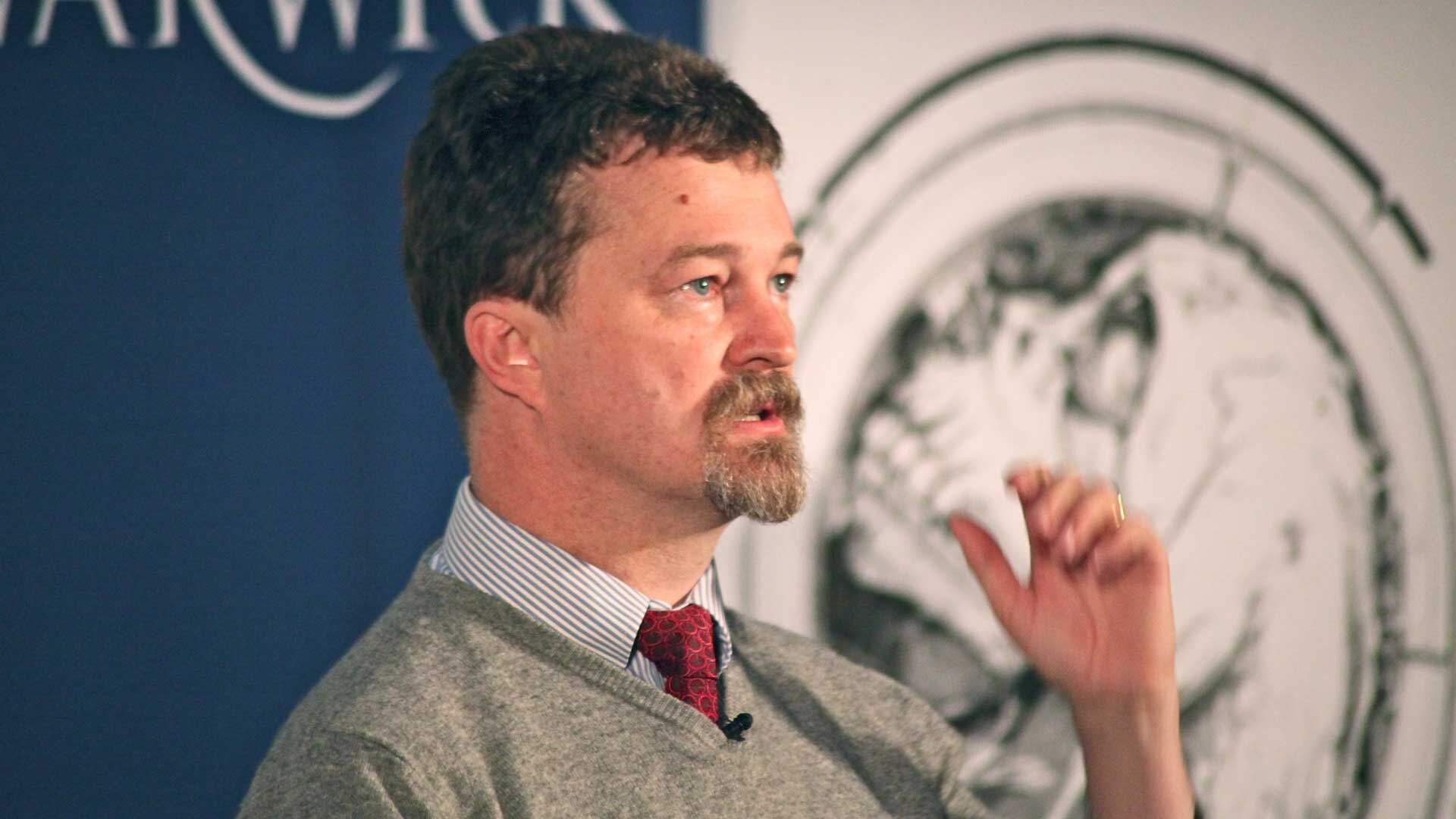
The Future of Real Virtuality
How do you represent the real world in a digital environment? Given the power of smell to evoke memory, how do we incorporate that into a virtual space? And what’s the best way to create a virtual model? Professor Alan Chalmers, International Digital Laboratory, WMG, explored some of these ideas in his recent talk at Virtual Futures.
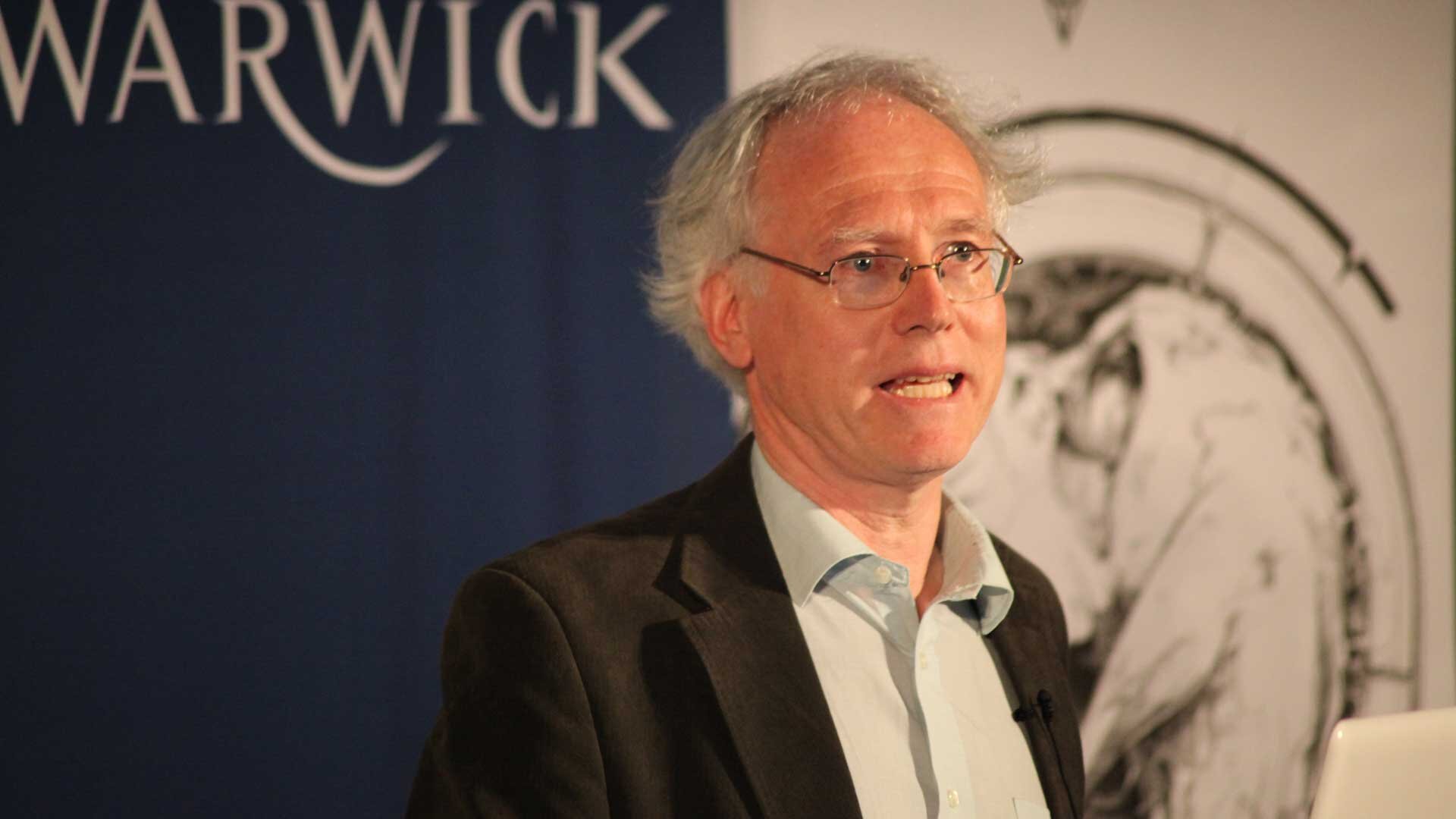
Health Futures: Real or Virtual?
Professor Jeremy Wyatt, Director of the Institute for Digital Health Care at WMG, recently spoke at Virtual Futures 2.0’11. Professor Wyatt’s talk centered on recent advancements in health technology and how this may impact on our medical experiences. But what are the challenges of digital healthcare? Will we soon be seeing a world where our cyber-doctor takes our blood pressure? Are there drawbacks to having a system that relies fully on recently developed technology?
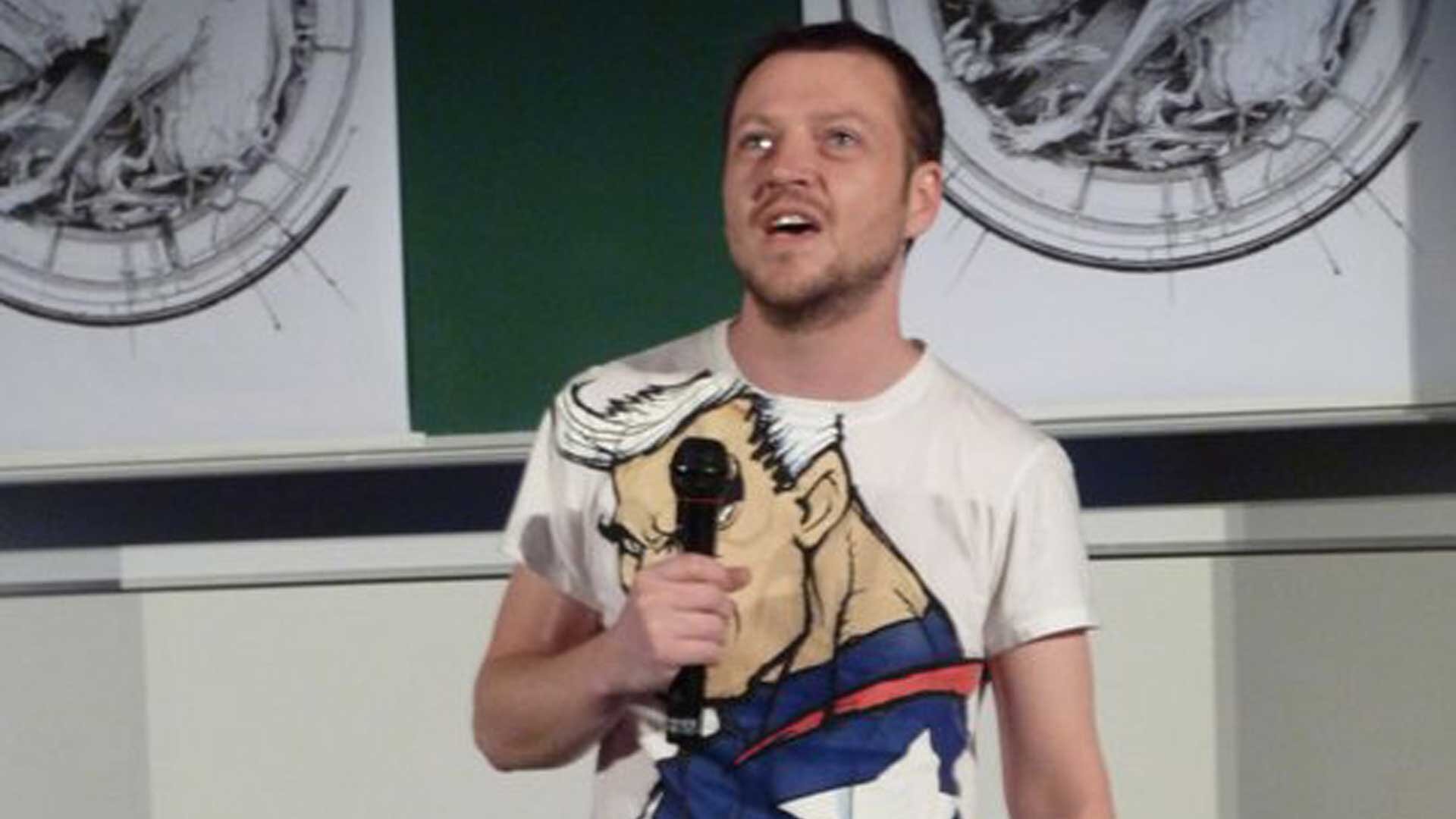
How Did We Get Here?
Virtual Futures returned to the University of Warwick this year after fifteen years away. But what was the academic basis for the original conferences back in ’94 ’95 and ’96? Here, Dan O ‘Hara, one of the key original organisers of the event explains more.
